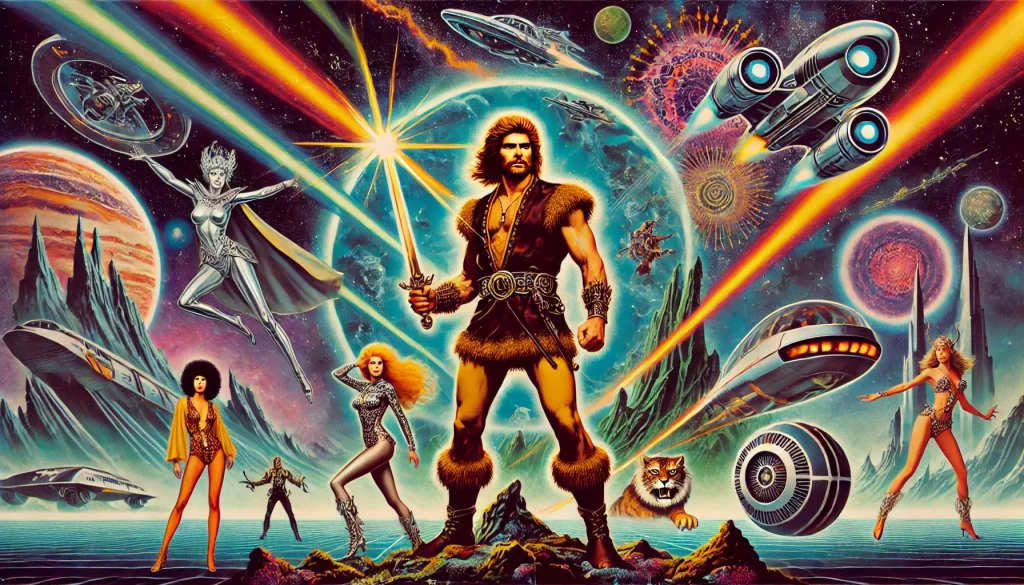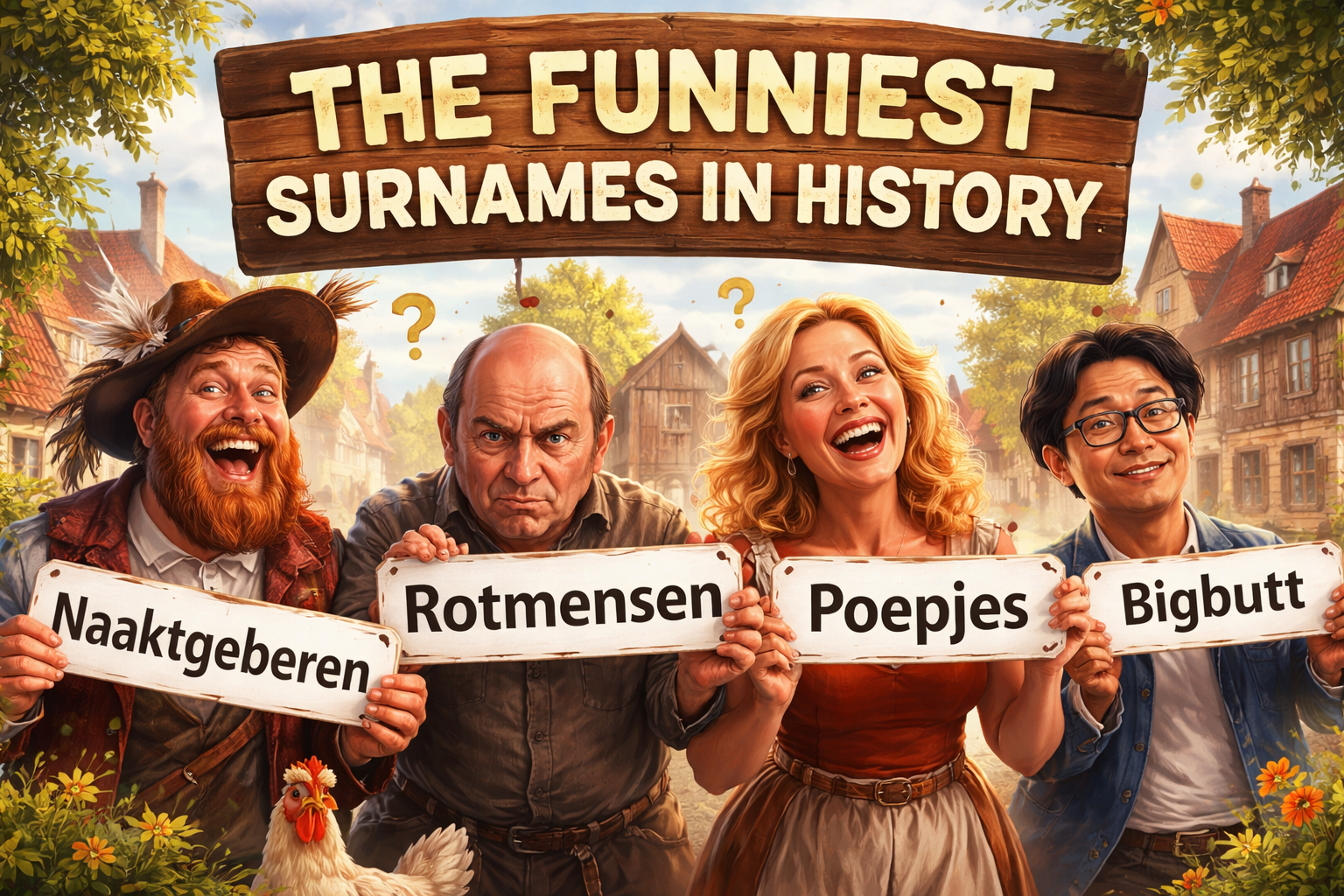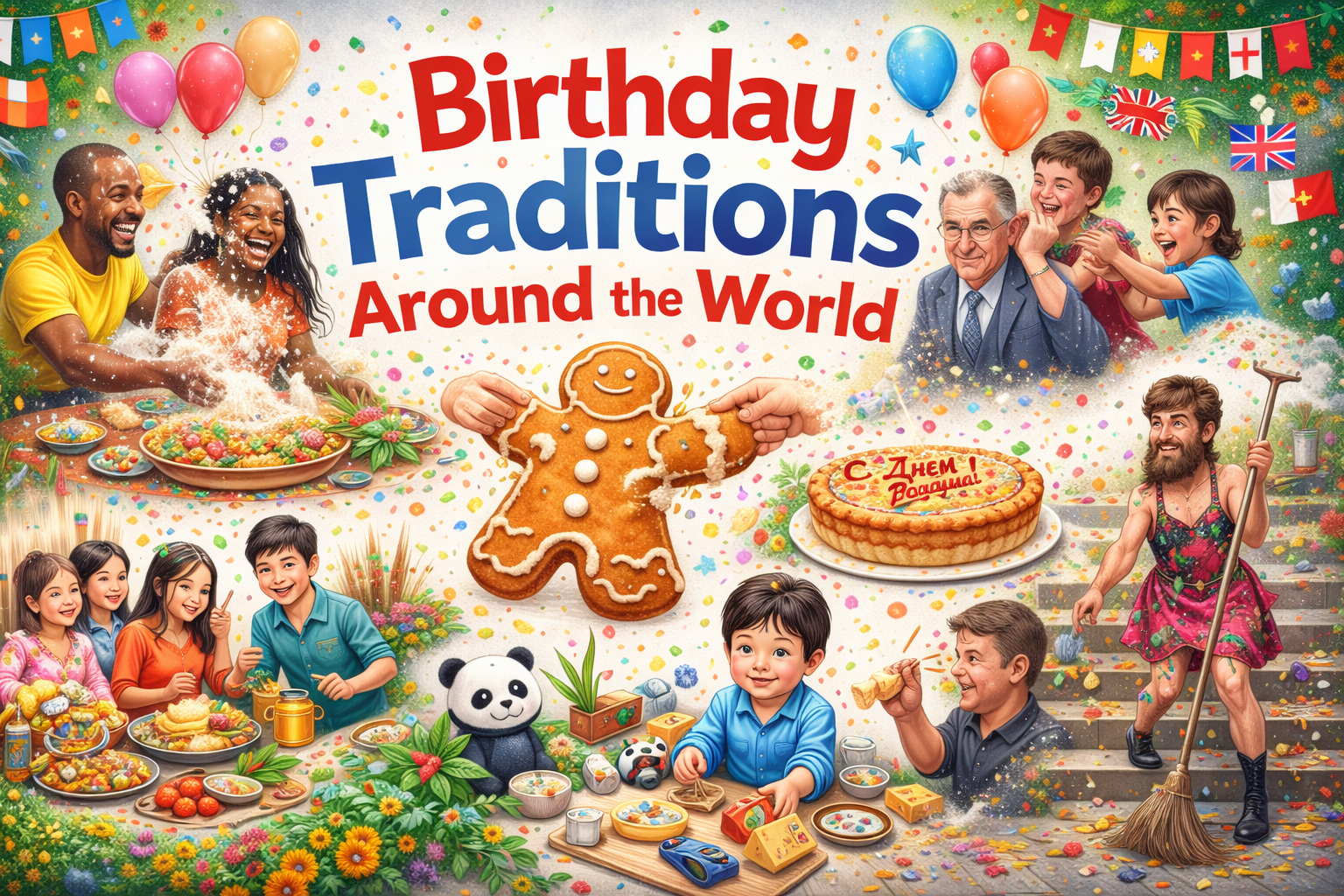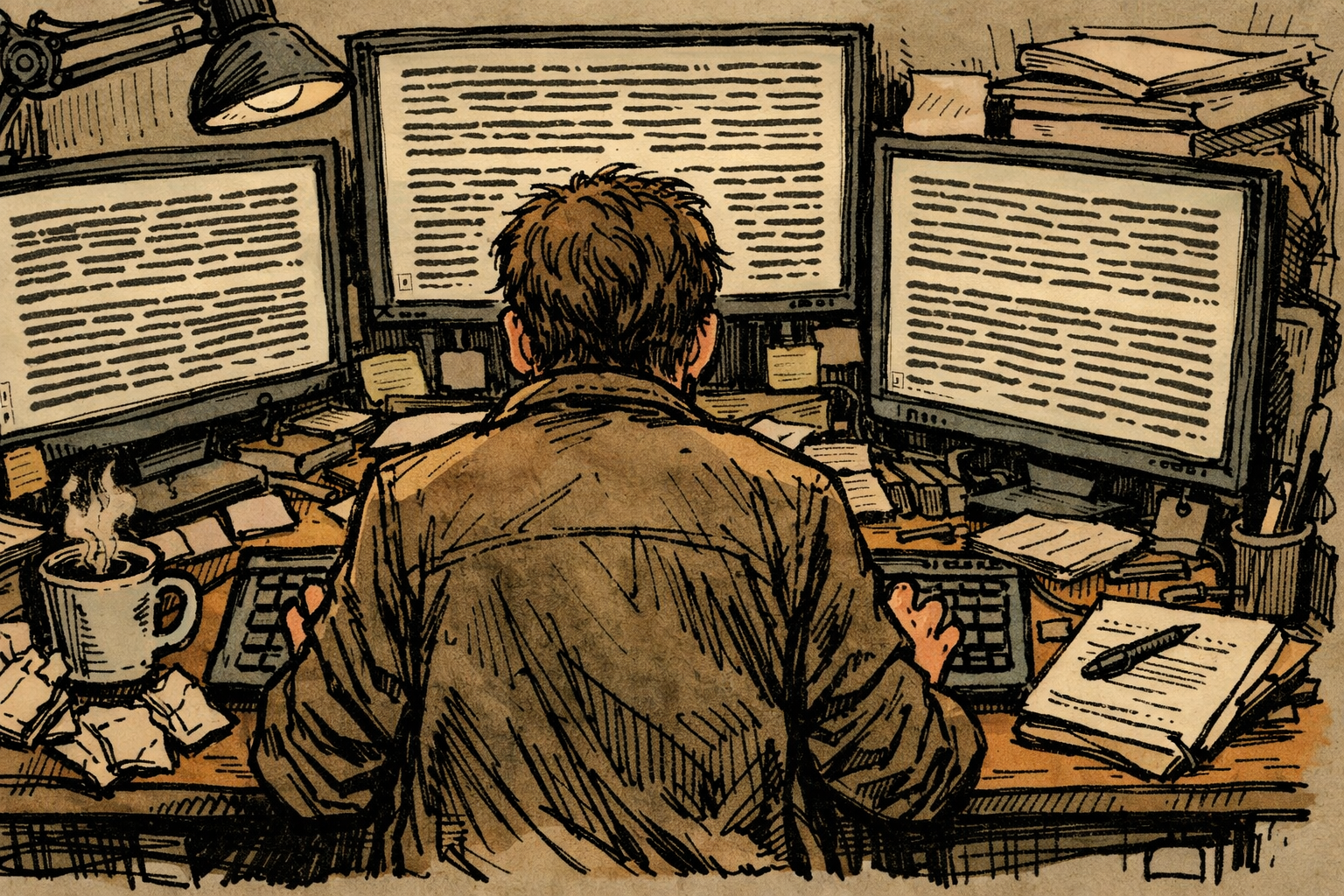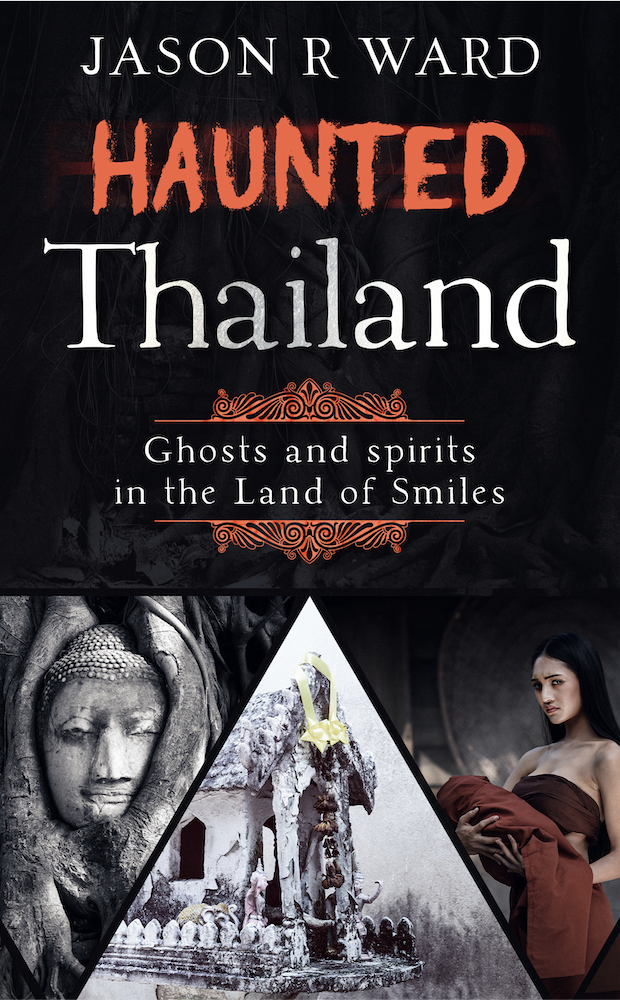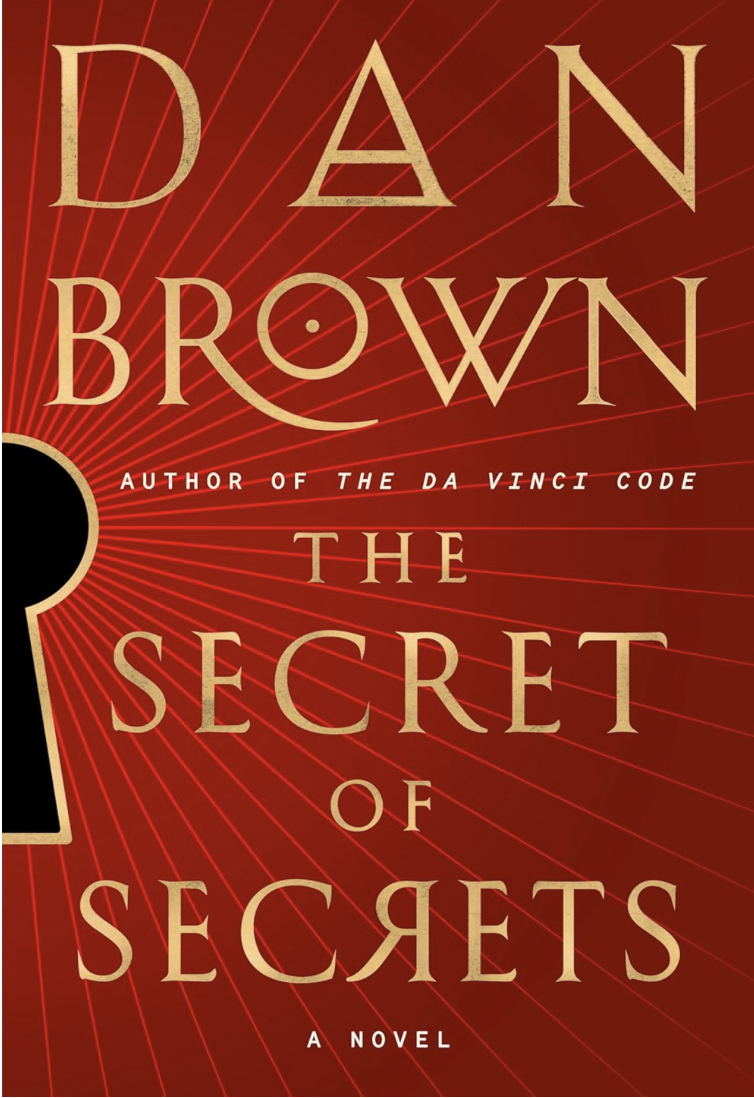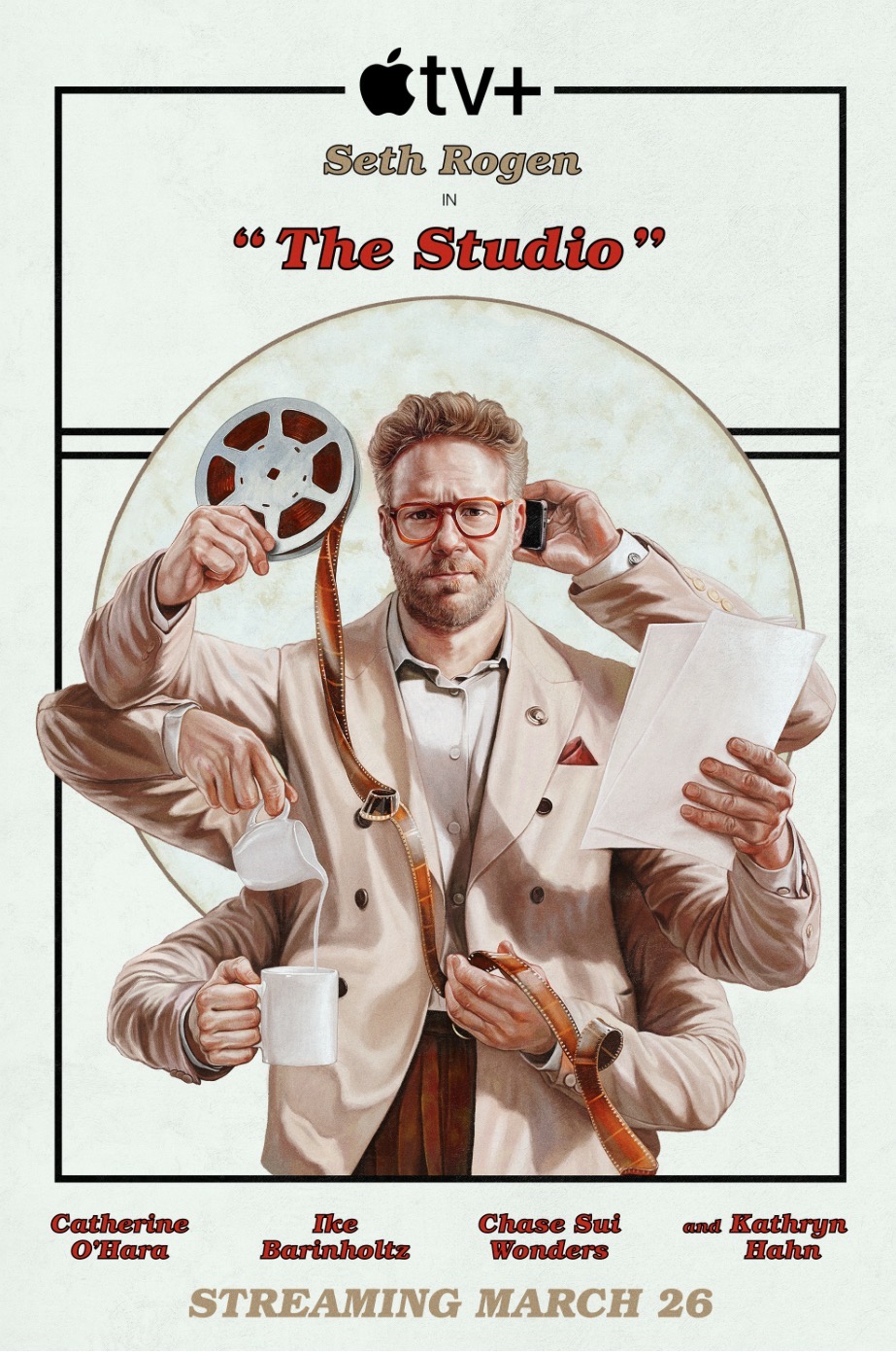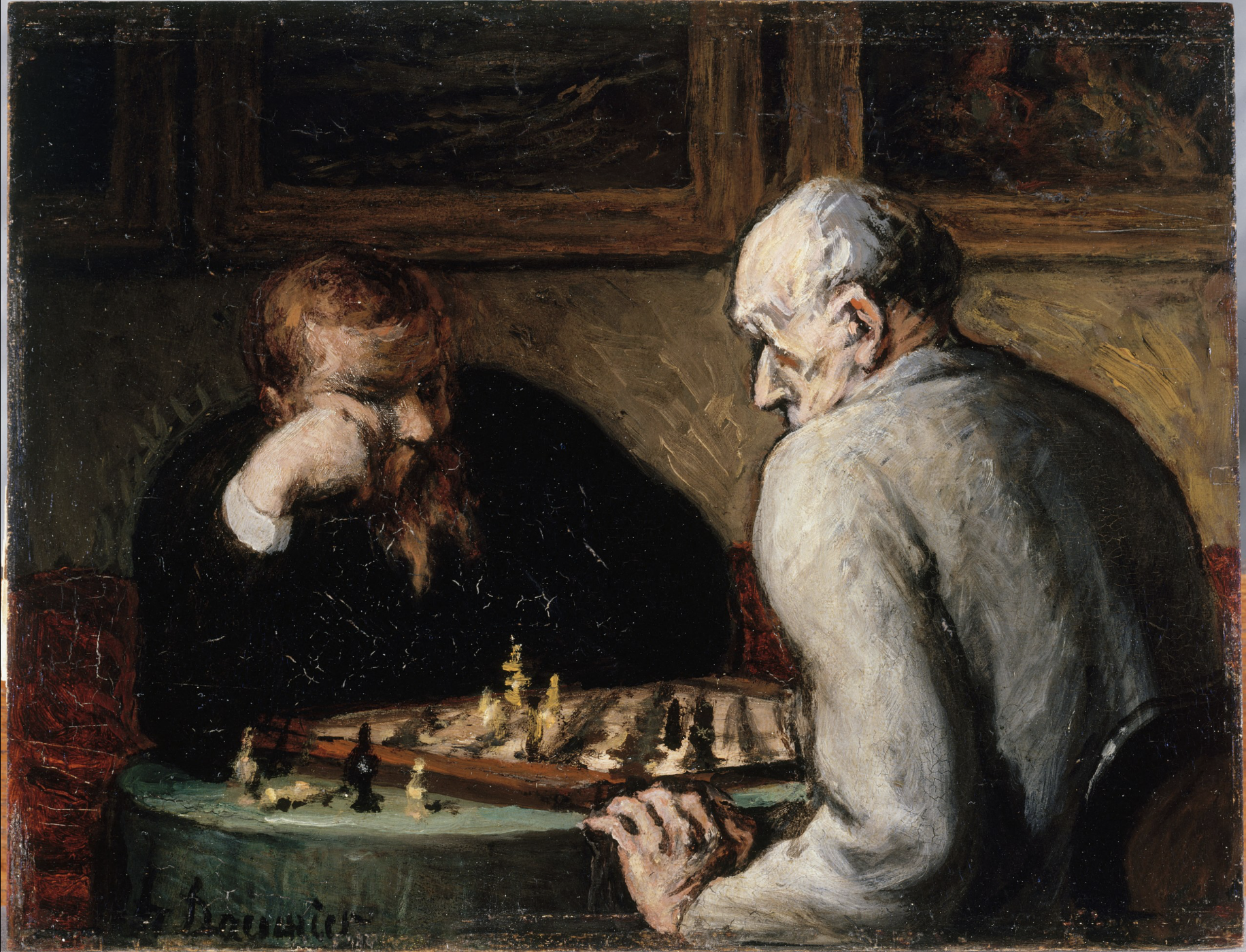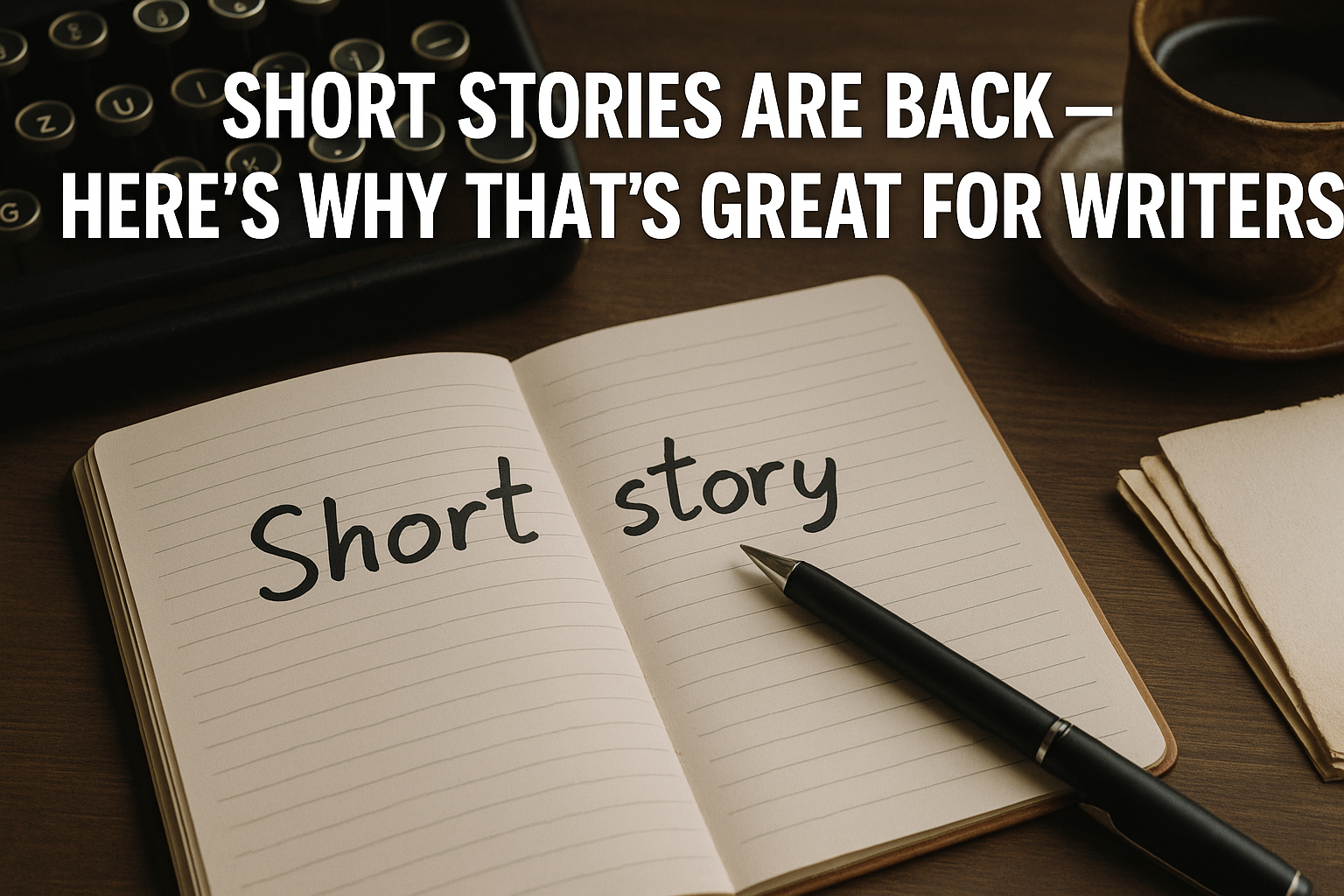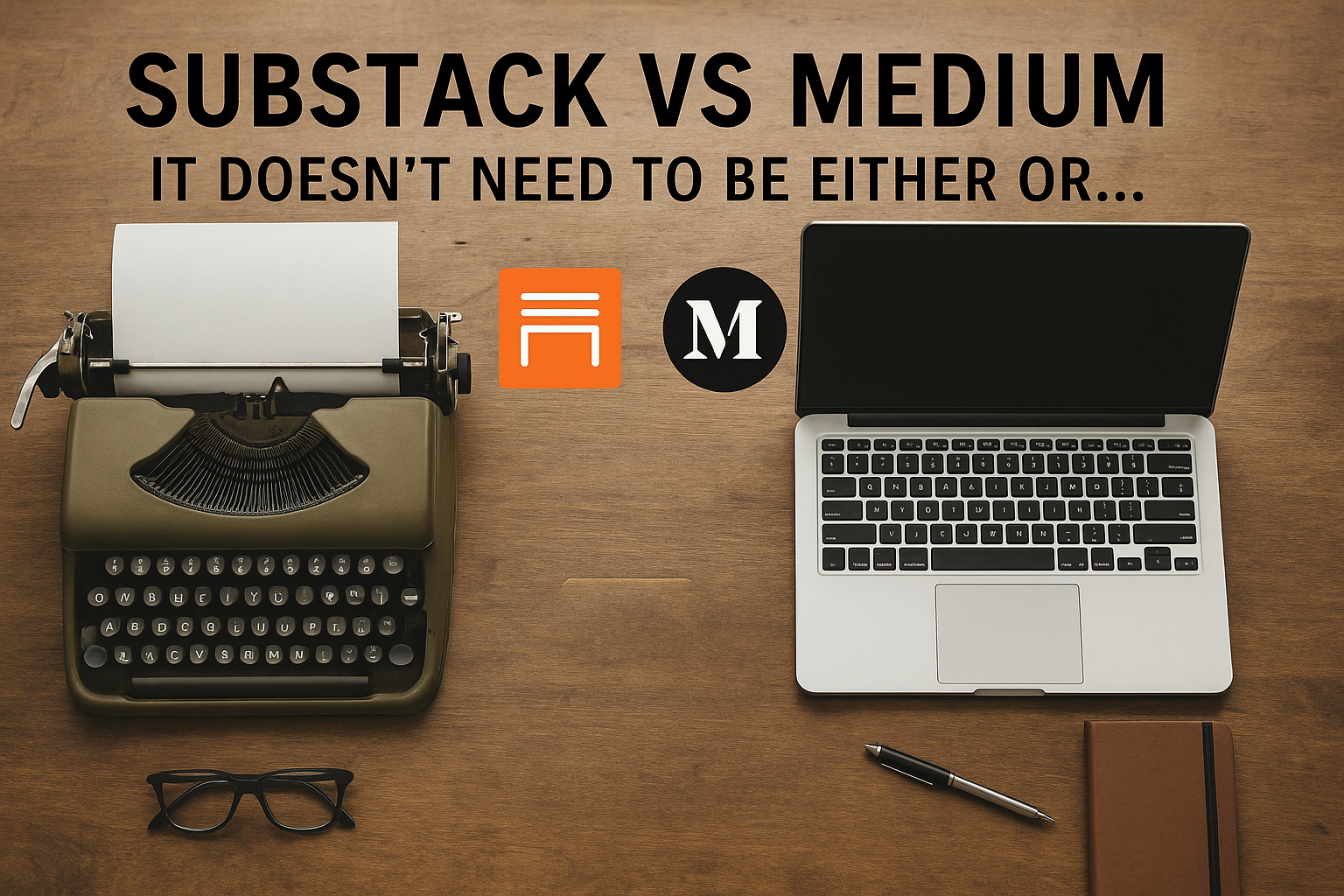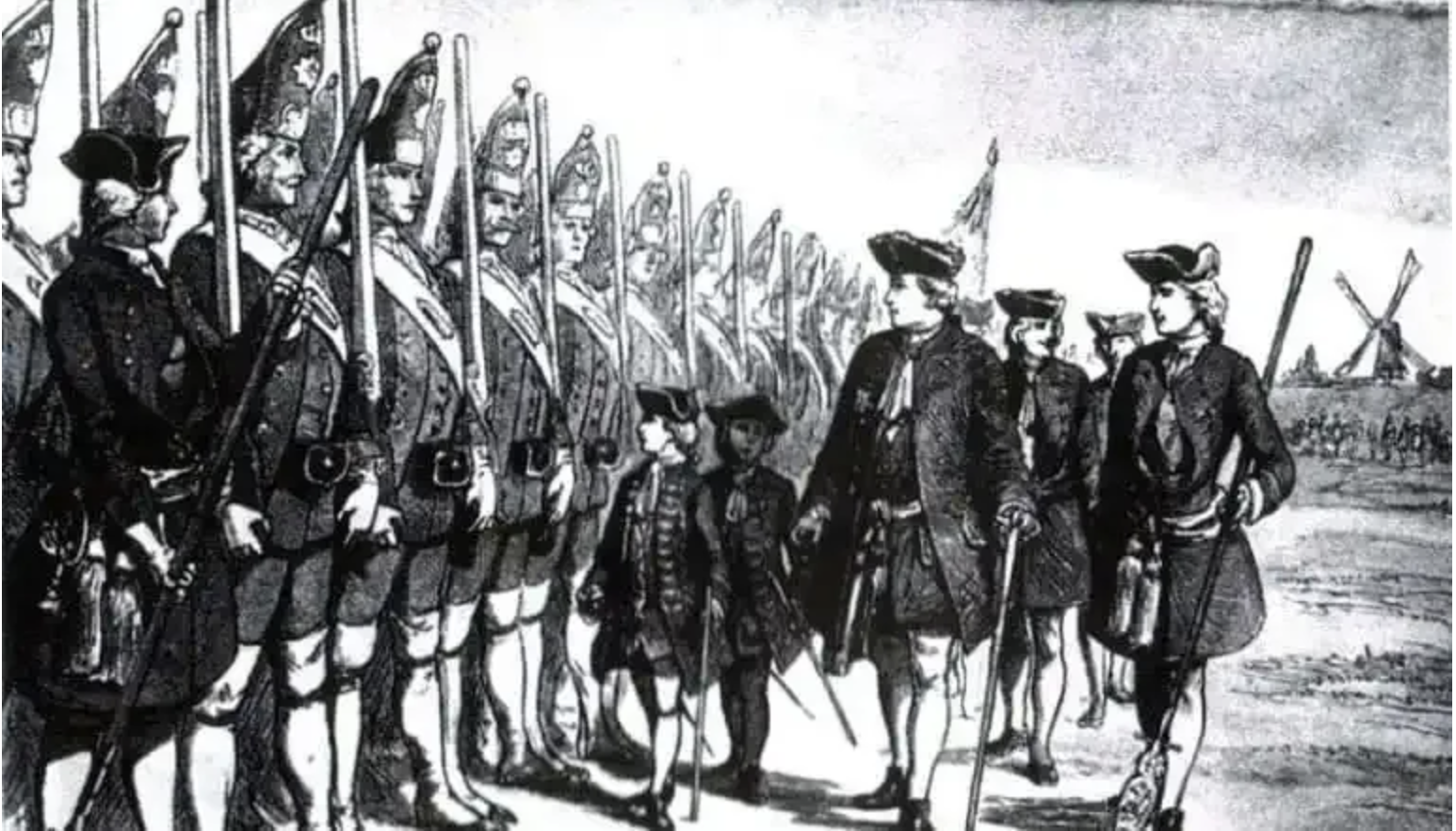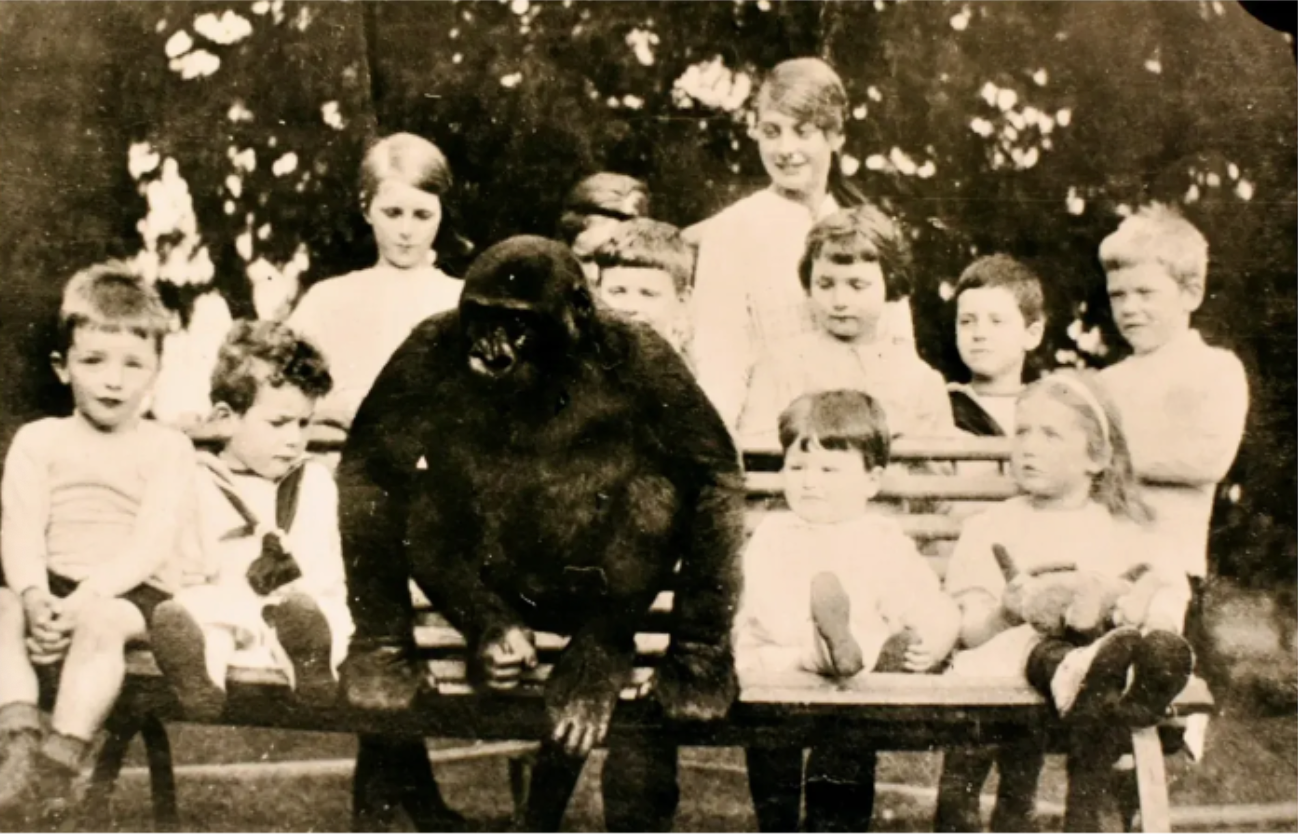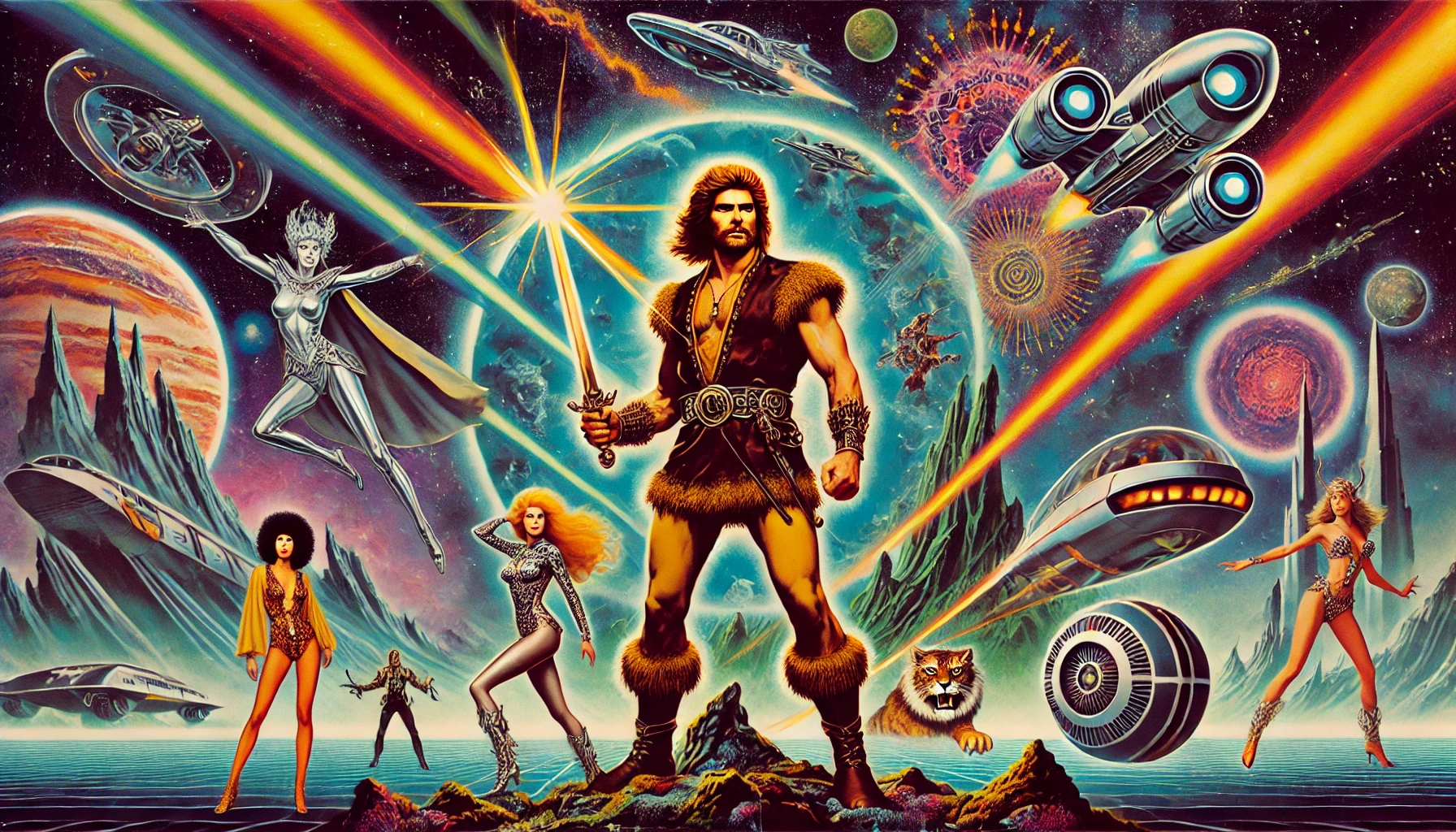From Zork to AI Dungeon: How AI is Revolutionizing Interactive Text Adventures
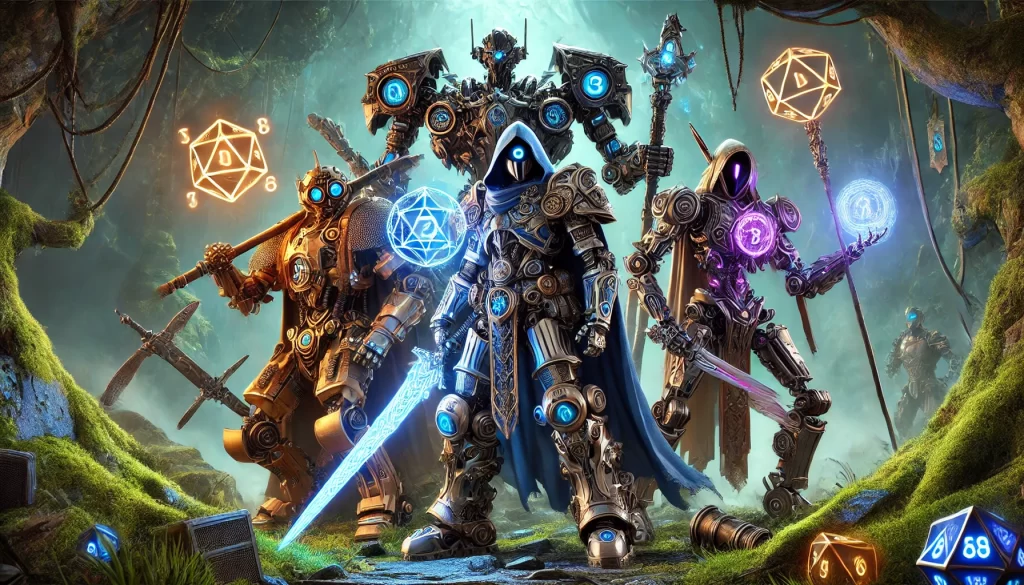
AI is so damned useful that I am overwhelmed and am still thinking of ways to use it. You can probably tell that I don’t use for writing by looking at my garbled syntax and poor word choices. But I do use it for images, titles, and research, and if it is a long piece, it can help with basic structure. It doesn’t quite feel like it is worth the money though.
Then, the other day, I thought I’d had a stroke of genius. I started thinking about the Choose Your Own Adventure books I used to love as a kid. I was 10 when The Warlock of Firetop Mountain came out, and I remember wondering what the hell it was. I bought it and an obsession was born.
I bought each of the following dozen books the moment they came out. I even started writing one, where you play a big, long haired barbarian, who wondered a world of savagery and swords. It was a totally original character that I came up with, honest.
I then thought about old text-based games like The Hobbit I had played back in the day. They seemed really cool as the possibilities seemed endless – until you started playing them. They were fun, but they relied on some quite specific phrases to proceed, and if you didn’t use them, the game would say it didn’t understand. It was frustrating but it was early days.
Then, the other day, I realised that AI would solve all the issues of not understanding your phrases. It would be perfect. So I gave it a go and put in this prompt:
I would like to try a text-based adventure. Can you add pictures occasionally? The setting is science fiction and I am part of a space exploration ship and crew, a bit like Star Trek. I am the first officer and we have just entered orbit around a new planet that has life. My name is Roker.
That was all. What followed was a pretty fun adventure where I found a dying remnant of an advanced civilisation with weird crystal aliens. It showed a lot of potential and with a bit of background, a basic plot, and some fleshed-out characters and it could be a lot of fun.
I assumed I was some kind of genius and all I had to do was think of a way to monetise my stories and I could watch the cash flow in. I’d invented a new genre. Or so I thought.
I did a bit of research and it turns out, a million or so people seem to have beaten me to it.
A bit of background about text adventures
The origins of interactive text stories date back to the simper age of the 1970s and early 1980s when computer games like Colossal Cave Adventure, Zork, and The Hobbit wowed easily-wowed audiences. I must admit, I only played The Hobbit.
These early text adventures were, in essence, digital choose-your-own-adventure books, where players typed commands like “go north”, “take sword”, or “punch orc” to explore fictional worlds. They operated on basic parsers that interpreted player inputs and responded with pre-written text, creating the illusion of a dynamic world – but they really weren’t.
What made these games special was their ability to immerse players despite limited graphics. The stories were rich, the puzzles challenging, and the feeling of agency thrilling. You weren’t just playing a game; you were writing your own chapter, which felt like a living story you were shaping. I imagine they are available somewhere on the interweb.
Around this time – mostly in the 80s – I was playing a lot of D&D, which was a lot more fun. But D&D needs other people, which places limits on games as apparently people have lives and responsibilities or whatever.
MUDs and Multiplayer Text Adventures
As technology advanced, text adventures became communal experiences through Multi-User Dungeons (MUDs). These online, text-based multiplayer games allowed players to interact with one another in shared virtual worlds. Think of them as the precursor to modern MMORPGs like World of Warcraft, but entirely text-driven.
MUDs added layers of complexity to the interactive storytelling format. Players could work together, battle each other, and even engage in role-playing scenarios. Communities formed around these games, fostering creativity and collaboration. For writers and gamers alike, MUDs became a breeding ground for emergent storytelling.
I’m not going to lie – I never got into MUDs. I had a mate who loved them, but I turned 18 in 1990, and then it was all about sex, drugs, rock and roll, and Sega Mega Drive / Playstation / PC games.
The AI Revolution in Text Adventures
Fast-forward to the 21st century, and artificial intelligence has breathed new life into text-based storytelling. I have a PS5, an iPad Pro, and a MacBook Air, all of which can play games. But the Mac isn’t great for games, and on the PS5 I need my TV and games cost £60 or more. I game a lot on the iPad, though, and recently got back into Choose Your Own Adventure stuff. They even have the Warlock of Firetop Mountain on there!
It was then that my brain made the connection between text-based games and the fact that ChatGPT and AI chatbots are now a thing. As I said – it was a connection that a lot of people had already made.
One of the top examples I found was a platform called AI Dungeon, which is one of many that have transformed what used to be a rigid, pre-scripted experience into a dynamic and endlessly adaptive adventure. I played around with it and it was a lot of fun.
Created by Latitude and powered by OpenAI’s GPT technology, AI Dungeon lets you create a fantasy epic, a sci-fi odyssey, or even a quirky slice-of-life tale. Unlike classic text adventures, where responses were limited to pre-written scenarios, AI Dungeon generates unique content on the fly, tailoring its output to your choices.
For example, if you decide your character spontaneously lets loose an epic fart, the AI doesn’t freeze up or reject your input—it rolls with it. Suddenly, you’re in a world where your fart can affect things. (Sadly, this is from experience.) It is pretty fun.
I did look at some forums on Reddit that talked about platforms like AI Dungeon, and people were already saying its heyday was over. So, not only am I behind the curve, but I now have to research more if I want to get into this stuff.
The Appeal of AI-Powered Storytelling
AI-driven text adventures tap into the essence of what makes storytelling magical: imagination and collaboration. Although you are collaborating with a robot. These platforms remove the constraints of pre-programmed scenarios, offering players a sandbox for their creativity. Every game becomes a unique experience, shaped by the player’s decisions and the AI’s ability to adapt. I imagine people have done some very weird things which I don’t want to think about.
Beyond entertainment, AI storytelling tools have educational potential. Writers can use platforms like AI Dungeon and Novel AI to overcome writer’s block or experiment with plot ideas. Teachers incorporate them into classrooms to inspire students to engage in creative writing exercises. Even tabletop role-playing enthusiasts have embraced AI as a tool for generating world-building prompts or NPC dialogue. I saw one site that seems to create fantasy maps.
The possibilities are massive.
The Future of Text Adventures
As AI continues to advance, the boundaries of what’s possible in interactive storytelling will expand even further. Imagine games where AI characters remember past interactions, creating relationships that feel authentic. I read an article (I think on Wired) that was all about people really bonding with AI companions and I can see that happening in game scenarios. Maybe it is already happening – as established, I’m behind the curve.
The rise of AI also raises fascinating questions about authorship and creativity. Are we witnessing the dawn of a new form of storytelling, where humans and machines co-create? Or is this a digital evolution of a tradition that began with oral storytelling and evolved through books, games, and beyond?
Closing Thoughts
I write for a living and am trying to pivot to more fiction. Would I use AI to help with that? In a word – no. I am not judging those that do, but it isn’t how my ideas come.
I tend to use a highly inefficient process where I write stuff, and ideas come somewhat randomly. I think about the characters and scenarios as I go about my day and genius ideas pop into my head when I am in a shop or having a shower or whatever. I am constantly thinking of characters and scenes and my febrile imagination chucks out plot twists and character stories all the time. I just don’t think that will work if I let an AI come up with ideas.
However, playing an adventure game like The Hobbit or The Warlock of Firetop Mountain that is genuinely immersive and where you can do anything would be a lot of fun. I have yet to explore more, but the potential for those who enjoy that kind of thing is massive.
You can even explore ideas that would never make it outside of your personal adventure, as there is no market for them, or there are copyright laws. Just do it for the hell of it. If it is just for your benefit and pleasure, you can insert yourself into your favourite movies or books. Or just imagine insane scenarios where you become Superman but are only 1mm tall and invisible. Or you’re a professional pod racer on Tatooine. Or you’re a human pet in an alien world where everyone is a giant monster, and you fall in love with the human-pet next door. Or you’re Flash Gordon, and you only have 24 hours to save the Earth… Or- Well, you get the idea.
I’m off to play being a barbarian in a 1970s style scifi adventure. Enjoy…
